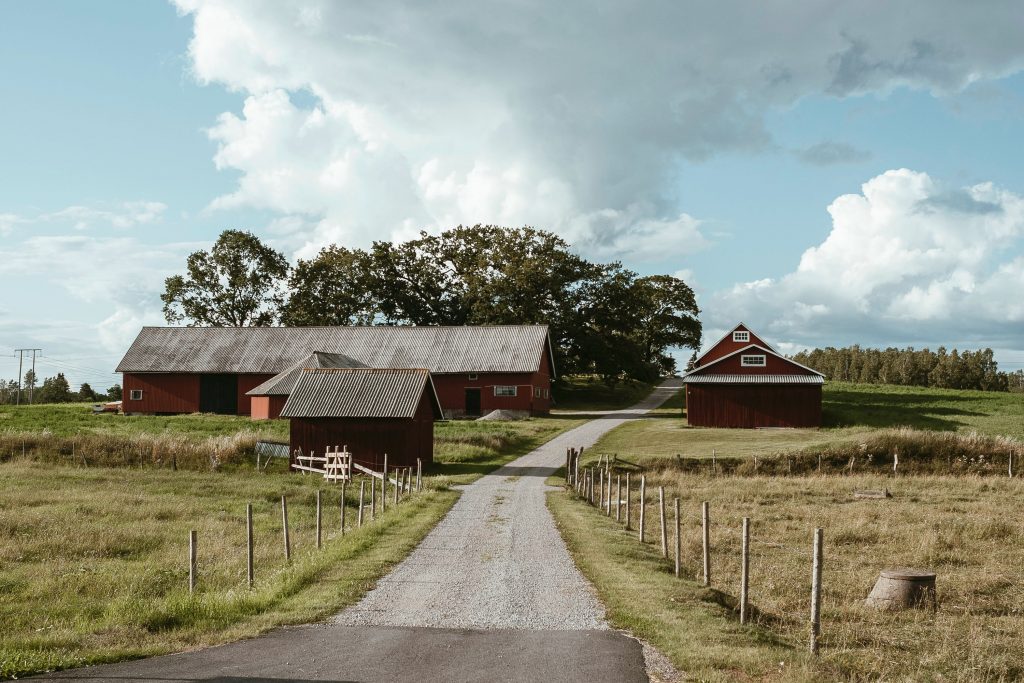Gotland - the place for sustainable energy, Sweden
Gotland seeks to become a fully self-sufficient sustainable energy region. The Swedish Energy Agency was commissioned by the Government to enable Gotland to try new initiatives towards renewable energy sustainability. The result was the document “Roadmap to enable Gotland to become a pilot for a sustainable energy system”.
In 1990, Gotland counties had almost 5 times as high emissions per capita compared to the rest of the state and in 2045 Gotland is estimated to have almost 13 times as high emissions per capita. Furthermore, Gotland is the only county in Sweden where greenhouse gas emissions have increased during the period 1990 - 2015.
So, Gotland was chosen to test and demonstrate that it is possible to make the transition. During the development work of the roadmap, the dialogue was taken with many actors and stakeholders that operate or are interested in working on Gotland, such as private individuals, entrepreneurs and non-profit and public organizations.
On the island, a large part of the energy is used by the industry, but transport and households are also large consumers. Much of the energy is imported: electricity, coal, and oil. Gotland has its own production of main wind and solar, district heating and biogas.
The island’s biogas plant in Bro produces the gas locally and is used for fuel vehicles as well as the industry. This solution has positive effects far beyond the environmental factor. It solves what to do with biowaste that already can be found on the island from existing industries such as agriculture.
Establishing a biogas industry and using the biogas locally instead of fossil fuels contributes to better fuel economy since Gotland’s biogas is considerably cheaper than gasoline. The biogas industry creates new jobs, skills, and innovative local knowledge on the island which relates to this newly developing sector.
Importantly, biogas is among the most environmentally friendly car fuels, mostly free from carbon emissions, and additionally transporting fuel is no longer necessary since it is locally produced, which further decreases the associated emissions. To secure a certain demand for biogas, the region has made contracts with the public transportation authorities as well as the company Arla.
The locally produced biogas has made it possible for the dairy company “Arla”'s local facilities to replace a large part of their oil requirements with biogas. This transition has considerably reduced “Arla”'s CO2 emissions.
Keywords: biogas plant, bio waste, transportation, agriculture, manure, local knowledge, biogas strategy, energy system, self-sufficient sustainable energy, wind energy, solar energy, Gotland, Sweden
